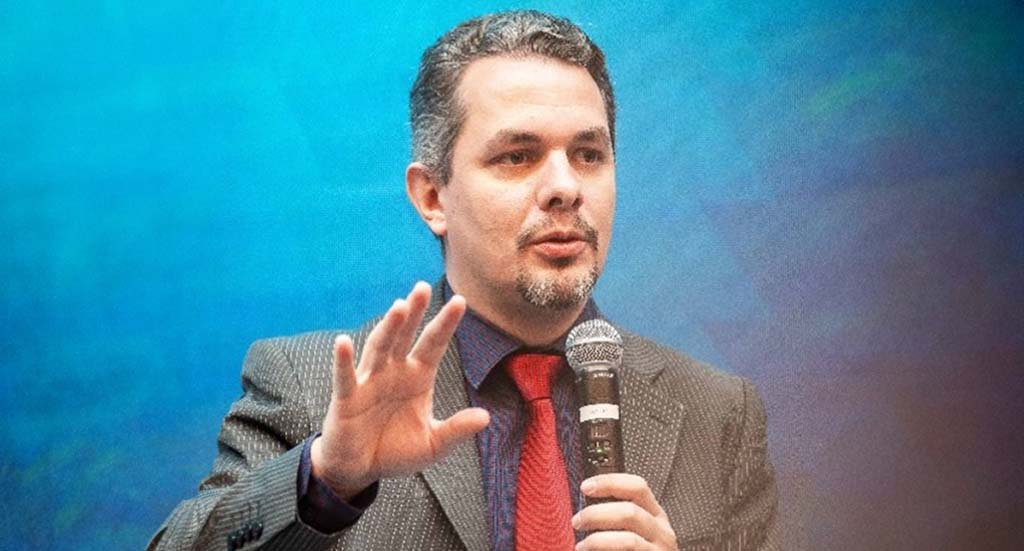WatchTV Multicast Broadcasting Proposal Nixed by FCC
WatchTV had an idea for making more efficient use of the spectrum authorized for its low power TV stations.
The company had requested an experimental license to use a technology implemented in China that's incompatible with the ATSC standard used for digital TV broadcasting in the United States. In a letter to Gregory Herman, President of WatchTV, Inc., the FCC denied the request.
The rejection letter noted that while the FCC supports innovation and experimentation, it had to be careful that any such experiments don't end-run rules.
"An experimental license is not to be used to introduce a new service that does not comply with our rules, as this request appears to contemplate," the FCC said in its letter of rejection.
The FCC noted that the applicant's CEO had been quoted as saying, "If the technology works as well as anticipated, deployment can start within a year, with widespread penetration, including rural areas, faster than any other technology."
In rejecting the request for an experimental license, the FCC observed that WatchTV's request was "more akin to a developmental license, which may in appropriate circumstances be used to introduce a new service that does not comply with our existing rules."
It further stated that "such a request should be accompanied by a petition for rulemaking seeking changes consistent with the operation under investigation. Where a new service would employ technology inconsistent with the existing ATSC standard, any rulemaking most likely would be accompanied by industry standards development."
The letter concluded that WatchTV had not persuaded the Commission that the proposed test would really amount to technical experimentation.
"The Commission generally looks favorably on experiments designed to examine technical issues. We cannot, however, authorize an experiment that appears designed to establish a new service that is not currently permitted under Commission rules. Accordingly, the above-captioned request for modification is denied, without prejudice to submission of a new request for an experimental license for a properly defined technical experiment."
The language in this letter leads me to conclude the FCC is not averse to changes in TV broadcast technology if proper procedures are followed and the changes are backed up by industry standards. See my March 2 RF Technology column in TV Technology for a description of what one of those new technologies might look like.
The professional video industry's #1 source for news, trends and product and tech information. Sign up below.

Doug Lung is one of America's foremost authorities on broadcast RF technology. As vice president of Broadcast Technology for NBCUniversal Local, H. Douglas Lung leads NBC and Telemundo-owned stations’ RF and transmission affairs, including microwave, radars, satellite uplinks, and FCC technical filings. Beginning his career in 1976 at KSCI in Los Angeles, Lung has nearly 50 years of experience in broadcast television engineering. Beginning in 1985, he led the engineering department for what was to become the Telemundo network and station group, assisting in the design, construction and installation of the company’s broadcast and cable facilities. Other projects include work on the launch of Hawaii’s first UHF TV station, the rollout and testing of the ATSC mobile-handheld standard, and software development related to the incentive auction TV spectrum repack. A longtime columnist for TV Technology, Doug is also a regular contributor to IEEE Broadcast Technology. He is the recipient of the 2023 NAB Television Engineering Award. He also received a Tech Leadership Award from TV Tech publisher Future plc in 2021 and is a member of the IEEE Broadcast Technology Society and the Society of Broadcast Engineers.
